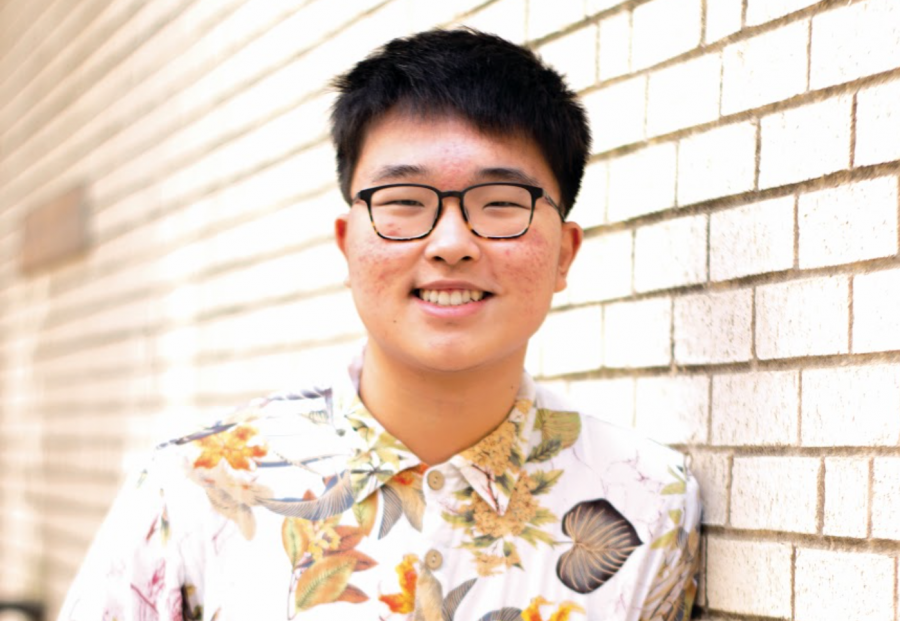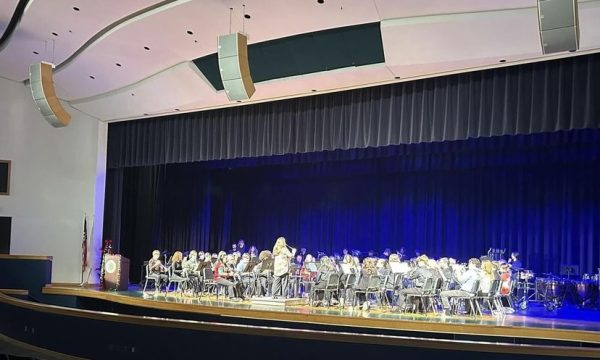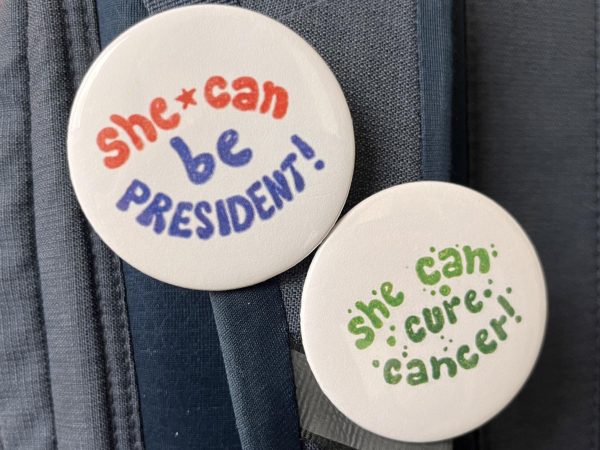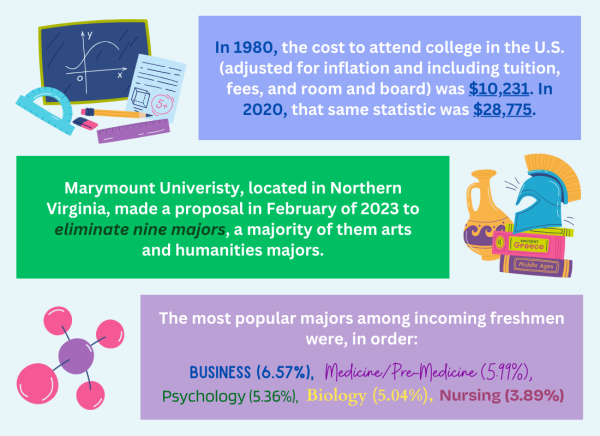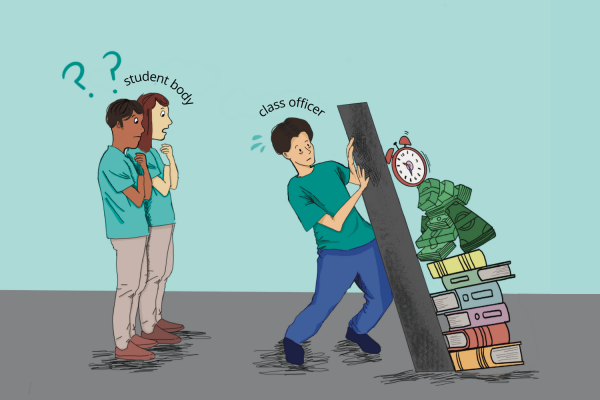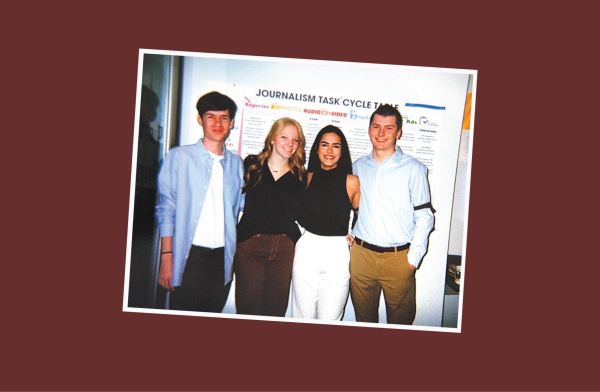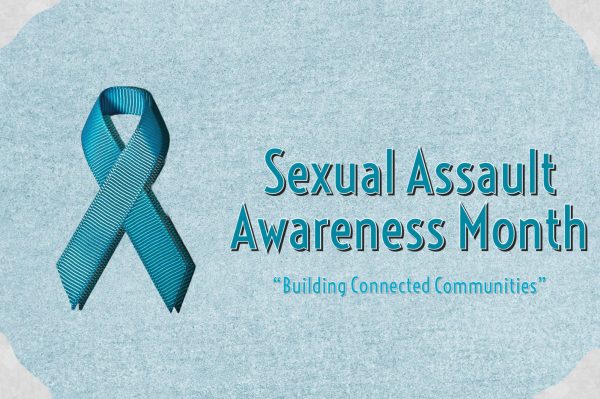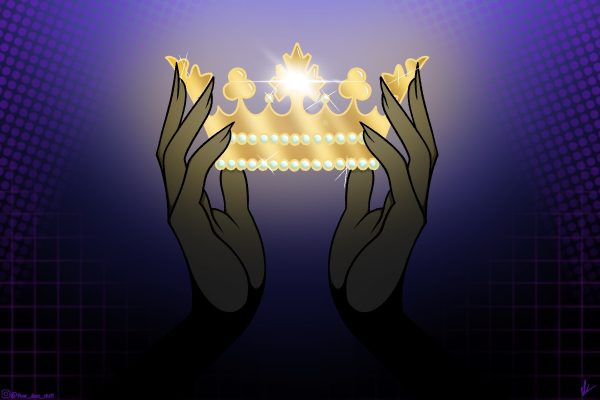Column: Rebounding racism
December 28, 2020
The only reason I got into basketball was because I grew fast early. My 5’4” frame allowed me to dominate the fourth grade playgrounds, but my height gave me something else too. When you’re the tallest and heaviest in the room, no other kids try to make fun of you.
As I got older, I lost my height advantage. On the basketball court I was getting bullied by taller players. In my social life I was getting bullied by my classmates.
Kids in my class would pull at the ends of their eyes to “look like me,” tap my shoulder to ask me if Kim Johg-un was my uncle, and ask me to do their homework because, as an Asian-American, I must’ve been averaging an 8.0 GPA.
This racism wasn’t limited to random kids in my class; it made its way into my friend groups as well. When I got into the ninth grade I was apart of an all-guy friend group. We referred to ourselves as “the boys” and found homophobic, sexist and racist jokes funny. As one of two minorities in our group, I was the target of a lot of jokes.
I kept my issues with them to myself and pretended everything was fine when we hung out. I didn’t want to incite any conflict with my friends. One of our favorite things to do was to go to the park each weekend to play pickup basketball. One fall day, I confidently suggested we play with a group of juniors.
Going into this, I already knew we were going to lose by 70. I was the tallest of my friend group at 5’10”, but the juniors towered over me. They were all at least six foot and some bulky-looking dudes.
Unsurprisingly, a couple points into the game, my team was already getting smacked. It was like watching a basketball game between a third grade elementary school and fully grown adults.
Twice, one of us shot and missed the basket, the backboard, the rim and the net. It went over the entire thing.
This began the trash talk.
I’m absolutely fine with trash talk. They’re allowed to make fun of us when we miss shots and we’re down by a thousand. However, further into the game, I was receiving the huge majority of it. I was playing badly, but honestly, my friends were playing worse. Why was I only getting the insults based on how I was playing?
Early on, I was called Yao Ming and Jeremy Lin, but I was expecting that from the jump. As the only Asian representation in the NBA, it was very low-hanging fruit. It was something I was used to, so I wasn’t bothered by it. I actually love those two players and even own a Jermey Lin shirt.
However, it escalated. I missed a couple more shots and one of the juniors told me to open my eyes a little more.
We were now down by 12, and the ball got passed to me.
“Ching-Chong make a shot,” one of the juniors said.
I took a long pause after that. I was confused. My friends were laughing. Actually, everyone was laughing. I didn’t know why this was funny to them.
I realized that this shouldn’t have been surprising to me. We were “the boys.” This was my friends’ version of comedy. For the entirety of my friendship with them, they had made fun of every minority possible. They’d make jokes about different races, women, the LGBTQ+ community and people with disabilities, all for the sake of “dark humor.”
The game continued. It didn’t matter to me anymore. We lost by 15. I went home.
This incident itself was nothing to me. “Ching-Chong” was nothing to me. A bunch of White juniors made fun of me for being Asian, but that was nothing to me. They couldn’t make fun of my friends for being White, because they themselves were White. It was clear why I was targeted. I stuck out because I was Asian and that was that.
More importantly, the incident made me realize why my friends didn’t choose to defend me and laughed instead. After all, they were the ones who treated me badly first.
“Don’t eat their dog.”
“Of course you can’t see with your Asian eyes.”
But in an 80 percent White town, none of them got this same treatment I got for just existing.
Over time, I slowly stopped being friends with them. It was difficult. Even after they dedicated so much time making fun of me, they were still my friends, so I was hesitant to end our friendship. I tried talking to them about how I felt. But after I exhausted every option, it was clear it wasn’t working.
In the end, I didn’t want to put myself in a situation where I wasn’t treated with respect. Now I have different friends. Now I’m defined by who I am, allowing me to be more than a Asian punchline.
This story was originally published on The Marquee on December 28, 2020.

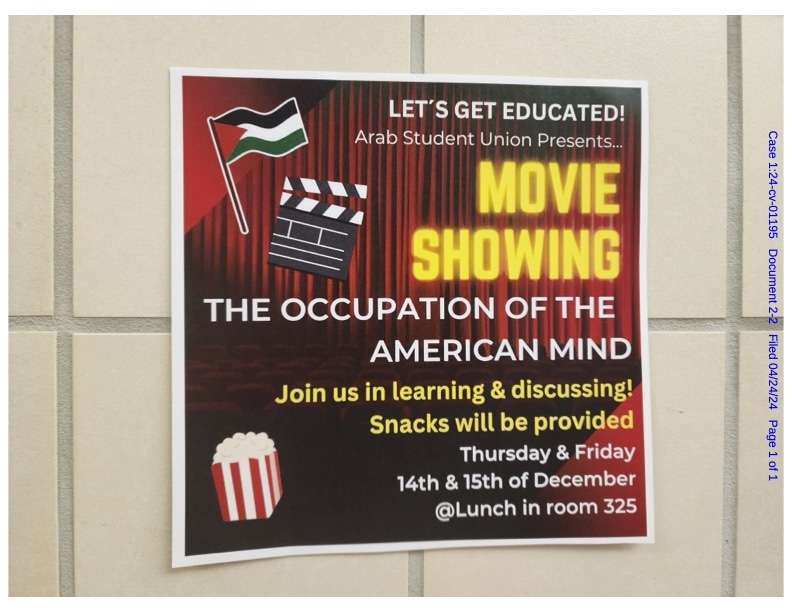
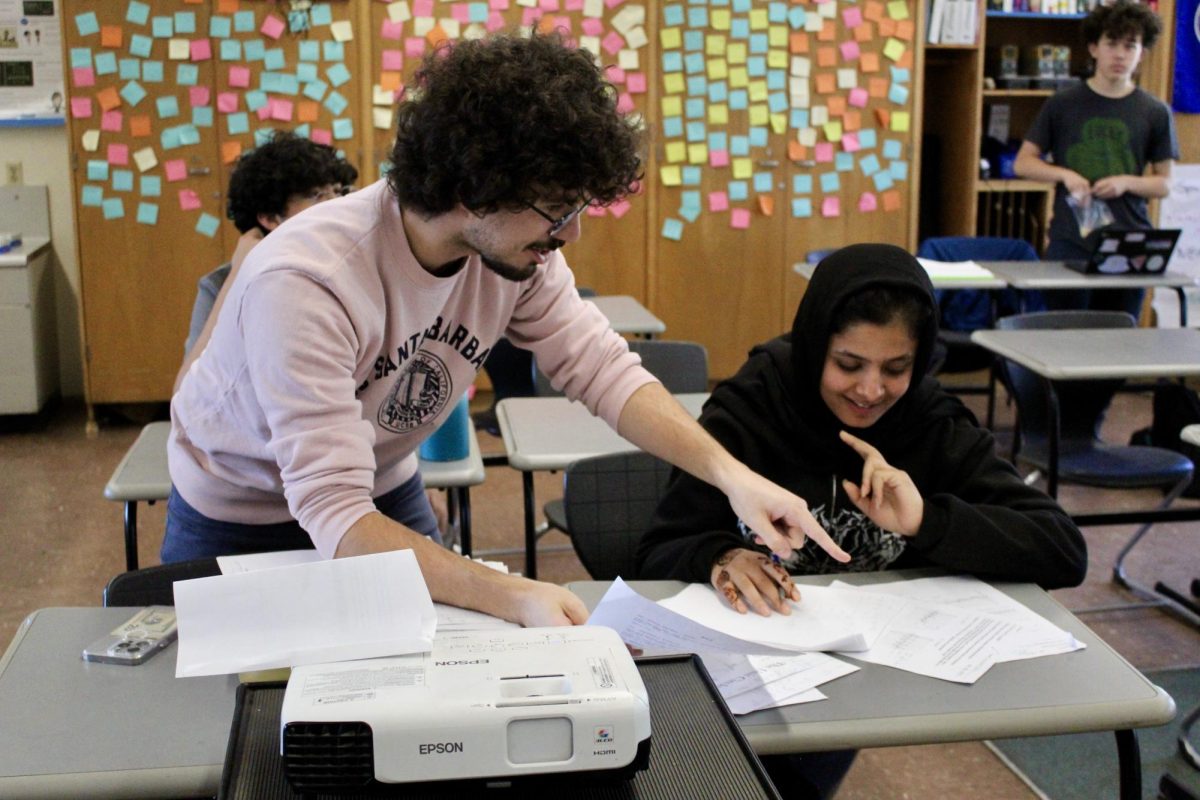
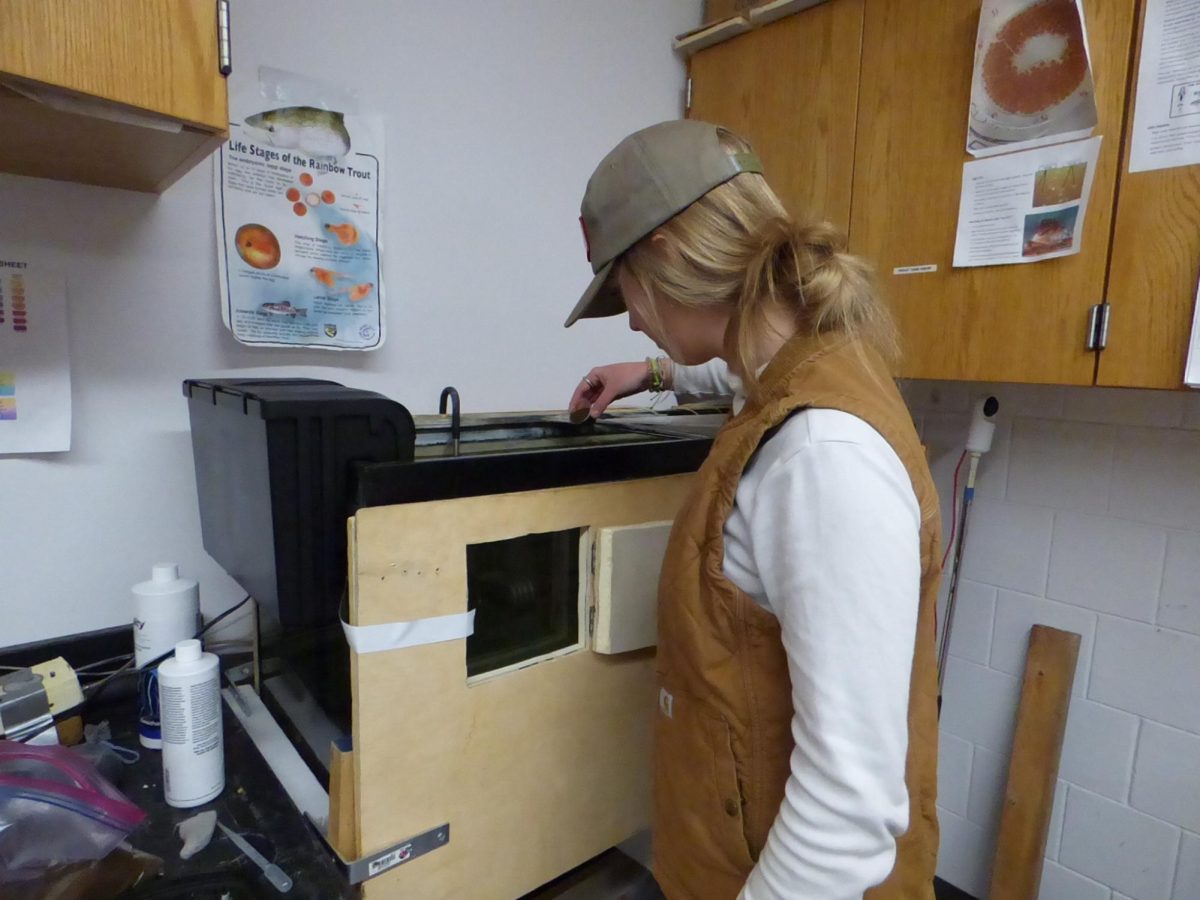


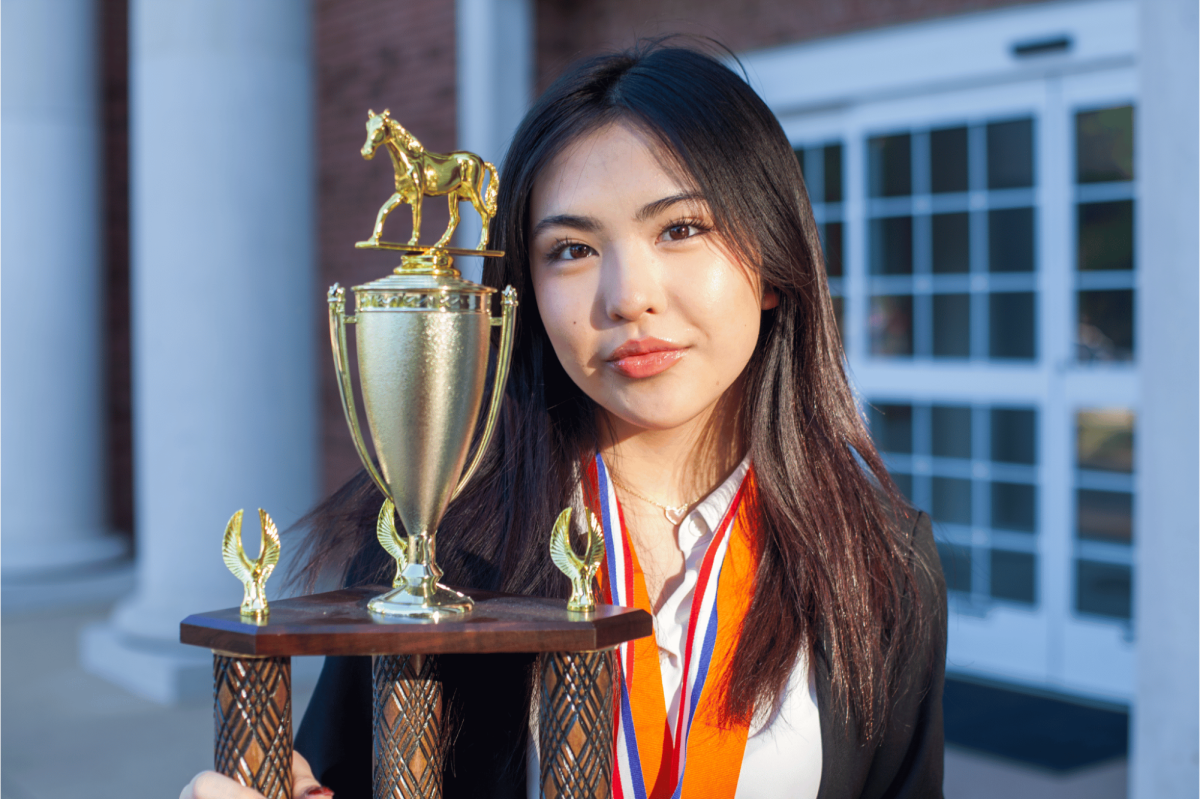
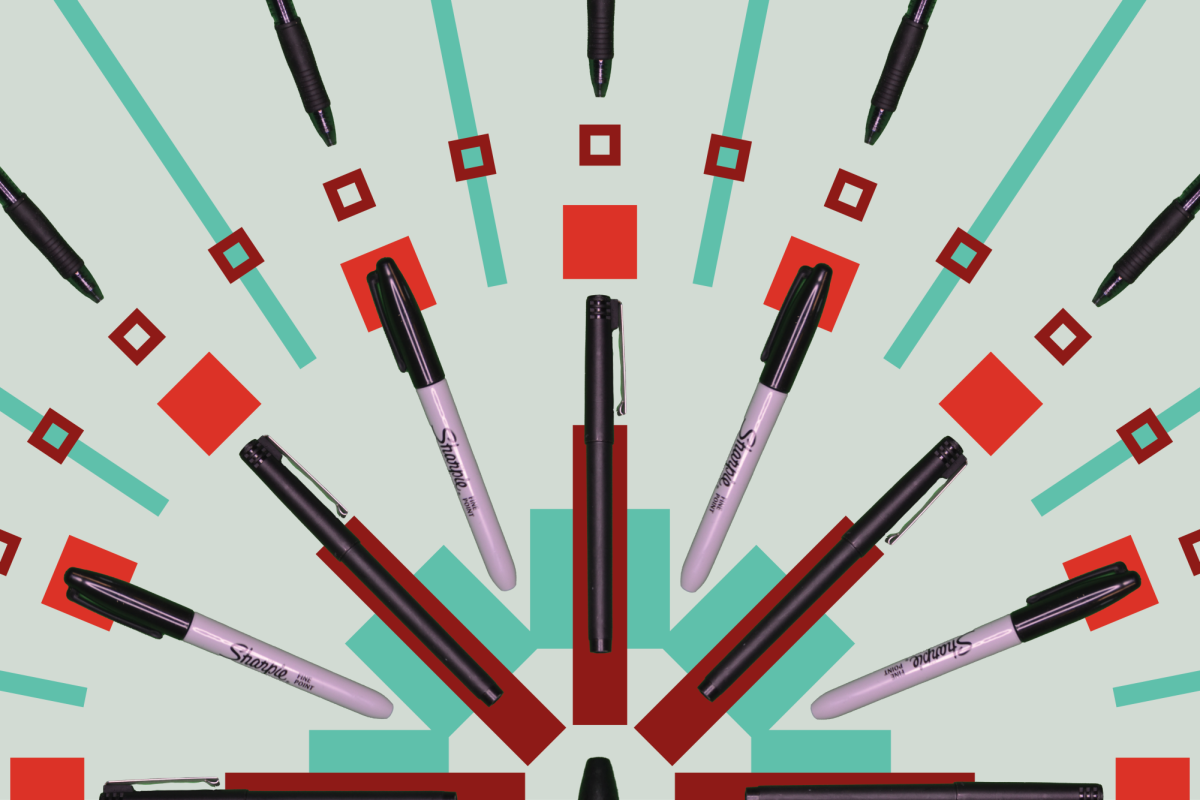

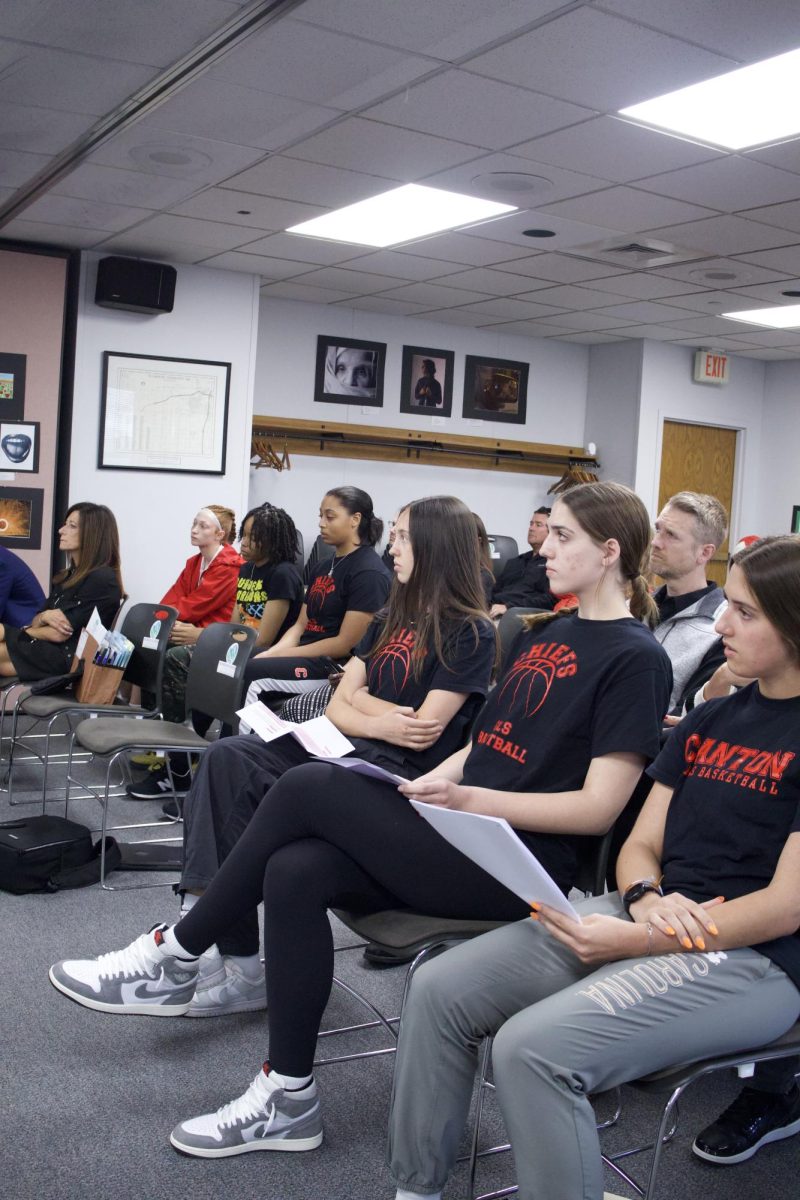

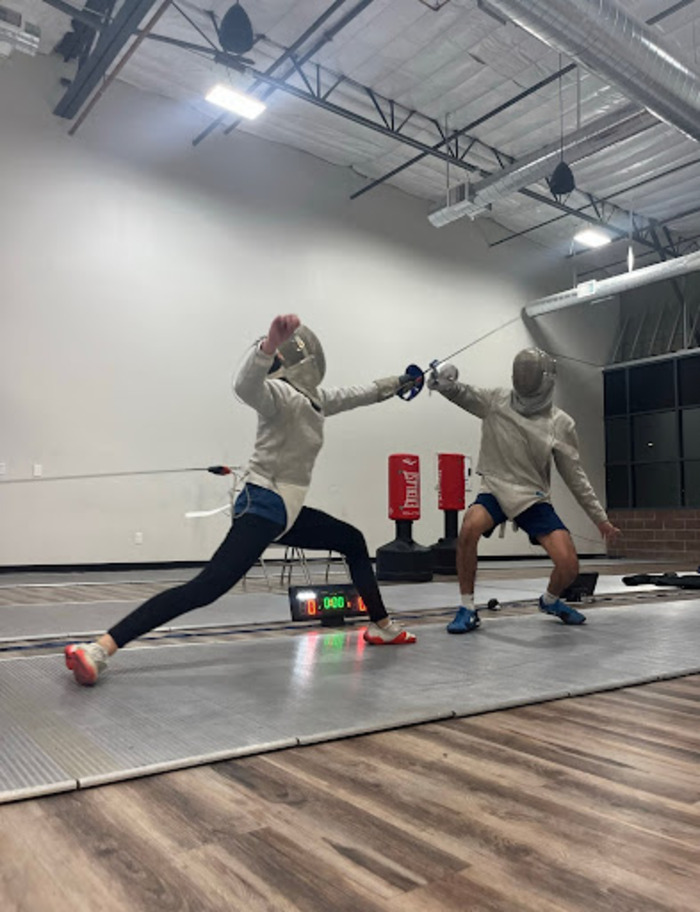

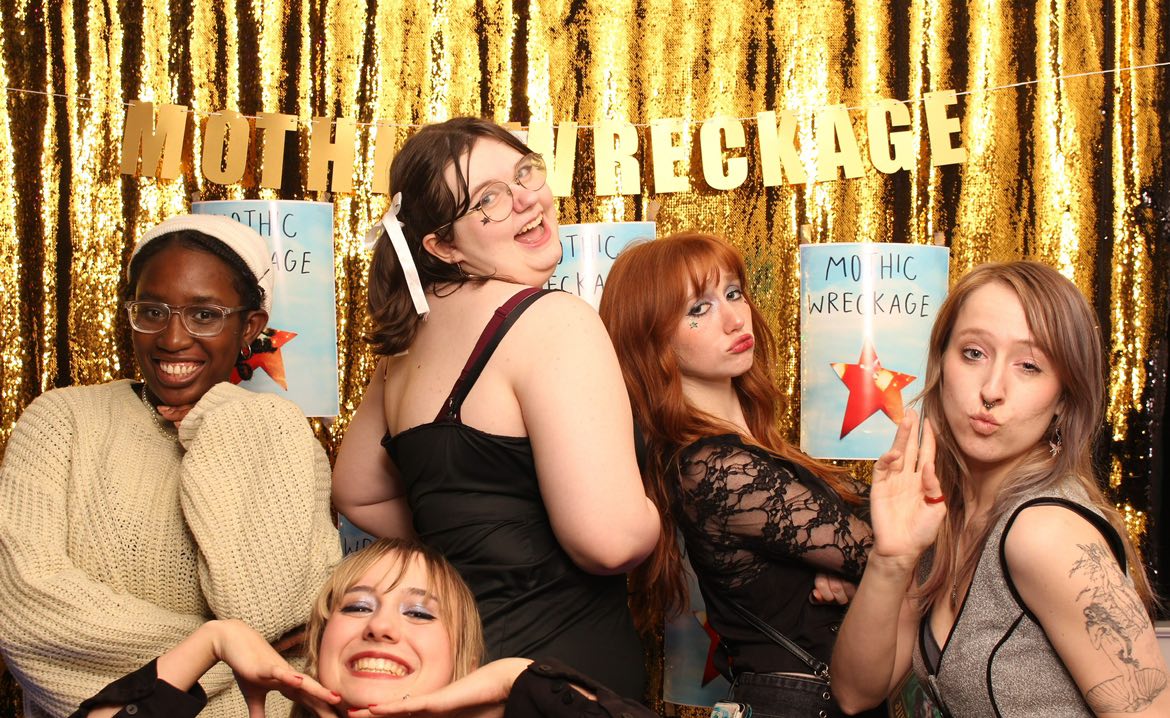

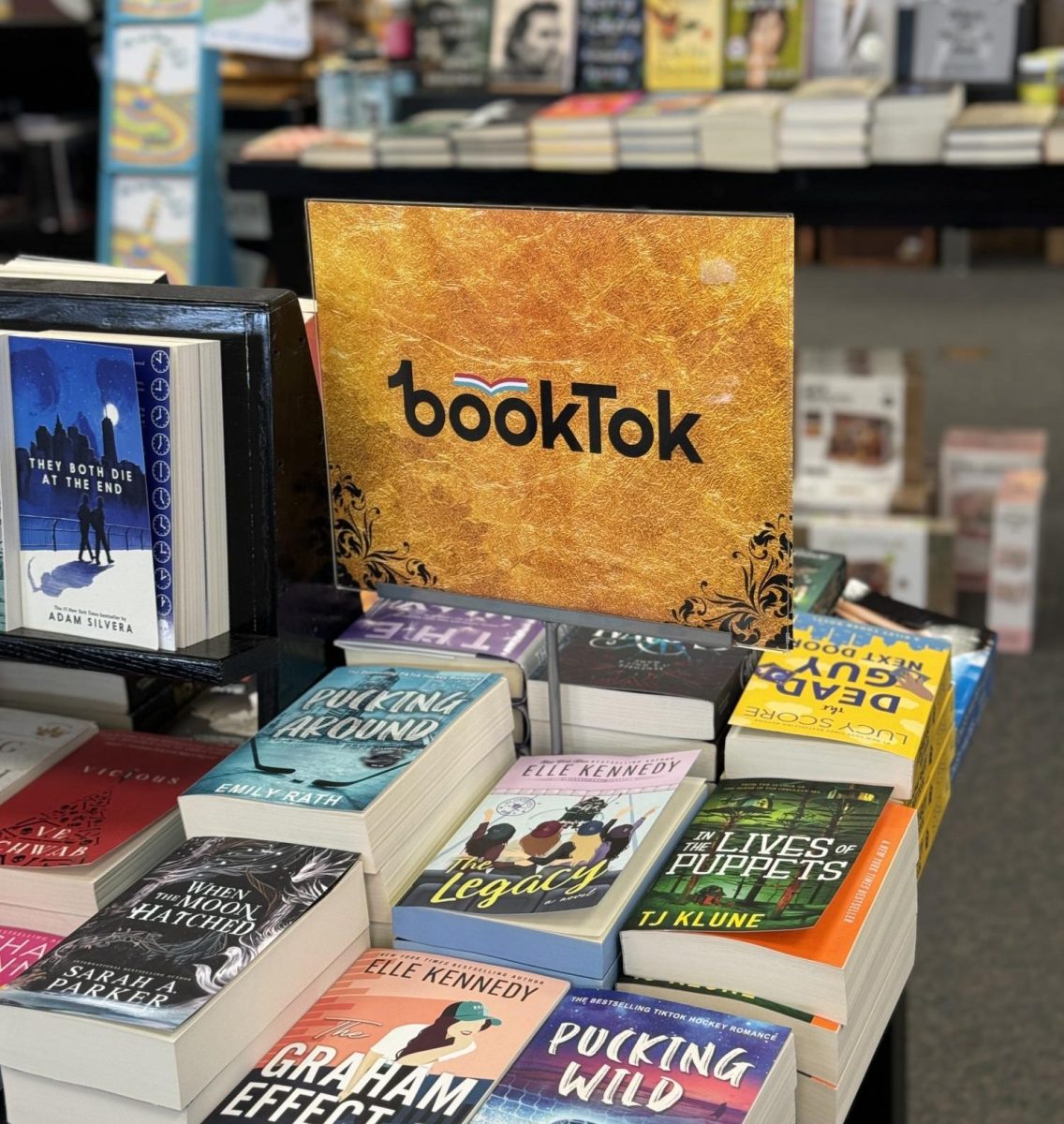
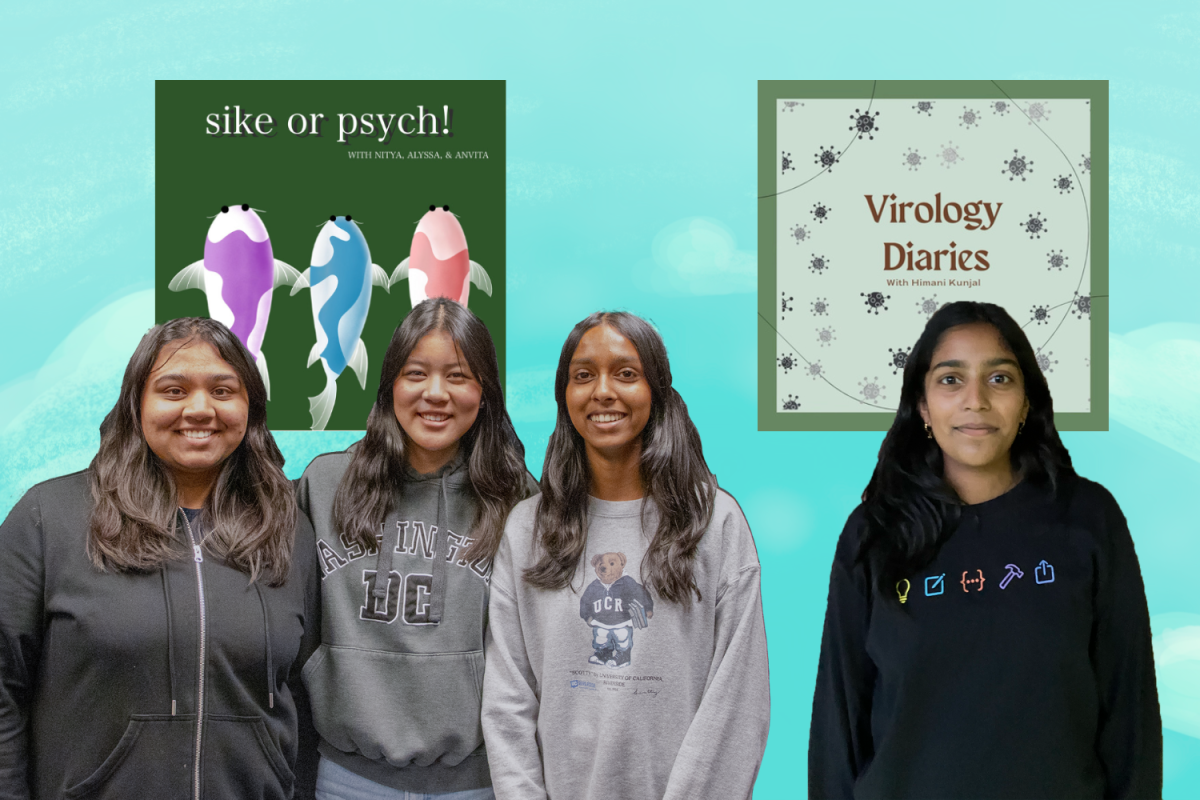
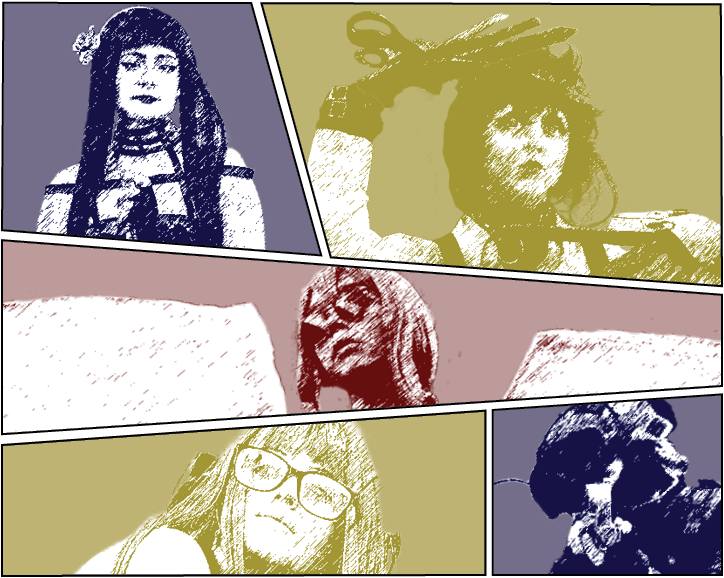













![IN THE SPOTLIGHT: Junior Zalie Mann performs “I Love to Cry at Weddings,” an ensemble piece from the fall musical Sweet Charity, to prospective students during the Fine Arts Showcase on Wednesday, Nov. 8. The showcase is a compilation of performances and demonstrations from each fine arts strand offered at McCallum. This show is put on so that prospective students can see if they are interested in joining an academy or major.
Sweet Charity originally ran the weekends of Sept. 28 and Oct. 8, but made a comeback for the Fine Arts Showcase.
“[Being at the front in the spotlight] is my favorite part of the whole dance, so I was super happy to be on stage performing and smiling at the audience,” Mann said.
Mann performed in both the musical theatre performance and dance excerpt “Ethereal,” a contemporary piece choreographed by the new dance director Terrance Carson, in the showcase. With also being a dance ambassador, Mann got to talk about what MAC dance is, her experience and answer any questions the aspiring arts majors and their parents may have.
Caption by Maya Tackett.](https://bestofsno.com/wp-content/uploads/2024/02/53321803427_47cd17fe70_o-1-1200x800.jpg)
![SPREADING THE JOY: Sophomore Chim Becker poses with sophomores Cozbi Sims and Lou Davidson while manning a table at the Hispanic Heritage treat day during lunch of Sept 28. Becker is a part of the students of color alliance, who put together the activity to raise money for their club.
“It [the stand] was really fun because McCallum has a lot of latino kids,” Becker said. “And I think it was nice that I could share the stuff that I usually just have at home with people who have never tried it before.”
Becker recognizes the importance of celebrating Hispanic heritage at Mac.
“I think its important to celebrate,” Becker said. “Because our culture is awesome and super cool, and everybody should be able to learn about other cultures of the world.”
Caption by JoJo Barnard.](https://bestofsno.com/wp-content/uploads/2024/01/53221601352_4127a81c41_o-1200x675.jpg)




